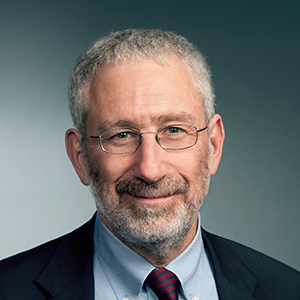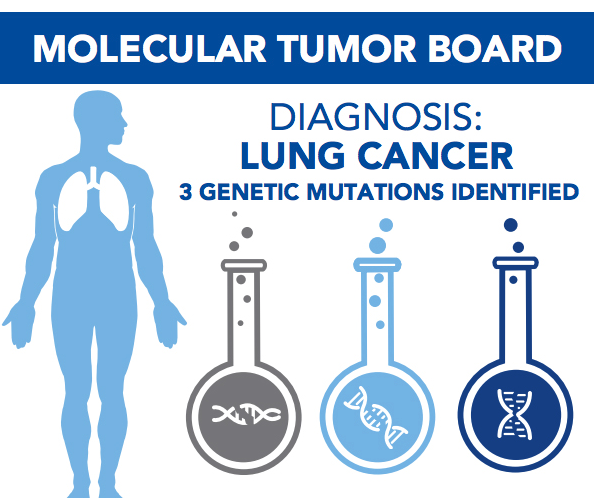Biography
For over 30 years Dr. Markman has been engaged in clinical research in the area of gynecologic malignancies. Dr. Markman has been the primary author or co-author on over 1,000 published peer-reviewed manuscripts, reviews, book chapters, editorials or abstracts, and has written, edited or co-edited 23 books on various topics in the management of malignant disease. In 2011, Dr. Markman received the American Society of Clinical Oncology (ASCO) Statesman Award, which recognizes individual members who have shown extraordinary volunteer service, dedication and commitment to ASCO, their hospital community and the patients they serve for at least 20 years. In May, 2018, Dr. Markman was named by OncLive® to an elite group of the 2018 Giants of Cancer Care® recognition program which celebrates pioneers, innovators and leaders who have made remarkable achievements in oncology research and clinical practice. Dr. Markman was selected in recognition of his contributions in gynecologic cancers.
Session Abstract – PMWC 2020 Silicon Valley
The Molecular Tumor Board (MTB) was mostly established to facilitate the incorporation of molecular diagnostics into the consideration of appropriate therapies for patients with late stage cancer. Initially, much of the deliberation was focused on understanding the results of such testing, as reporting of results was limited in scope and frequently understandable only to cutting edge experts in the field. Improved, but still not perfect, reporting now exists, so discussion has shifted to prognostic and therapeutic considerations. That said, the collective experience with rare mutations and off label therapies is still such that collective wisdom is necessary. This brings up the issue of how MTBs collect, share, and preserve data within a specific MTB, and perhaps more importantly, how it might be shared amongst MTBs and beyond. While initial activity related to MTBs resided almost exclusively in large academic, and select community, medical centers, there is now significant effort in the commercial setting as well, with a number of intriguing efforts presently underway. Important and evolving issues, such as defining which patients are most likely to benefit from the efforts of a MTB, Virtual MTBs, and the generation of Real World Evidence, will be discussed.









